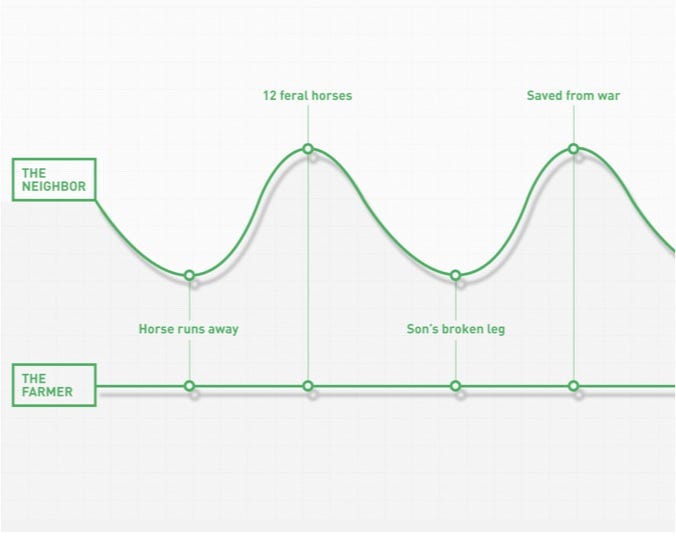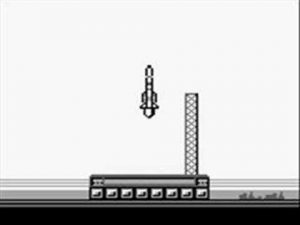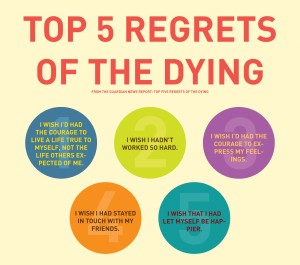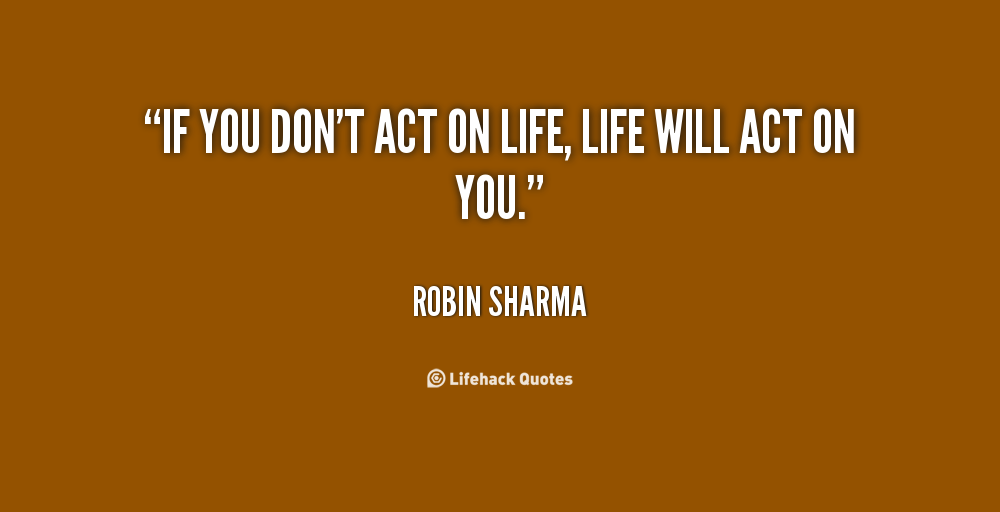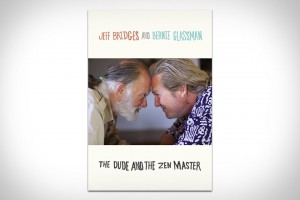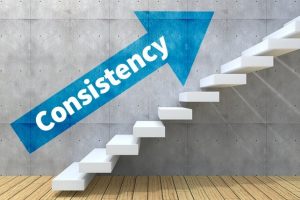 This seems like a good post to kick of the New Year.
This seems like a good post to kick of the New Year.
I recently shared the idea that it may be helpful to think of life as a game: The Tao of Tetris. A quick sum…
- Use your resources wisely
- You compete against yourself
- Life moves fast
- Play in the present
I’ve enjoyed this perspective. It’s allowed me to seek opportunities to improve, but not take life, and myself, too seriously.
That balance between improvement and enjoyment is a tight line to traverse. Erring on the side of fun seems the wise choice, and games are meant to be enjoyed. Good match.
Your gaming strategy becomes the art of improvement. Your systems are your daily practice. The practice is the set of rules we choose to live by.
The daily routines, rituals, and habits. The consistency that accomplishes great things.
This is not an invitation to make promises we won’t keep. It’s an opportunity to make daily progress, keep score against yourself and enjoy the process.
Where to start? Gather info, make a plan, get to work.
Take what you can from others, but this is your life, your time, your skills. You are unique. Build your unique game.
I’ve kept the eye on the interwebs and located some ideas to kick us off.
There are more great ideas to be found. But no need to wait. Now is the time. Simple. Actionable.
Mindset
The greatest tool at our disposal is the right attitude. Open. Creative. Excited.
Inflexibility breaks. Flow creates.
In my humble opinion, meditation may be the best training ground to build the right attitude muscle.
Ryan Holiday shared a post about the great power of greeting it all with a smile – awesome story about Jack Johnson…the boxer, not surfer/singer.
The world is going to try to knock us down. We will face unfairness, animus, even evil. How will we respond? With anger? With rage? By letting it get to us?
No. We should instead respond with the excitement and smile of a Jack Johnson.
Personal Rules Lead to Great Things
Every game starts with a set of rules. A framework to build the game.
Understand the rules so we know how to bend them. Know the standard so we can exceed expectations.
Rules may seem limiting, but personal rules offer freedom. The freedom to simplify and clarify.
Reduce decision points. Stop negotiating with yourself. Know your clear direction.
Your personal rules lead to power, independence.
Kaizen Method
A strong overarching strategy is 1% progress, daily. The Kaizen Method.
Leverage the compounding effect of daily progress.
It applies to all aspects of life, and you can tackle many habits at once. Simply ask…
What is one small thing that I can do to improve X?
The Art of Manliness has a great post discussing the Kaizen Way – interesting background and simple suggestions.
System-focused, not goal focused. Build your systems to continually improve. The goal is progress.
Kaizen has become my first thought when considering how to improve. But the game of life is broken down further into multiple systems.
Each of these systems is broken down further into individual steps – habits. Each of these habits is the opportunity to improve by 1%.
Regardless of your goal, narrowing down your focus to small manageable tasks that can be done daily is the secret weapon to achievement. – 10x Your Results, One Tiny Action at a Time
Fail More
The vast majority aim for mediocrity. It’s a bit of a paradox, but the medicore has the most competition, while few aim for great.
99% of people are convinced they are incapable of achieving great things, so they aim for mediocre. The level of competition is thus fiercest for ‘realistic’ goals, paradoxically making them the most competitive. – Tim Ferriss
Ryan Holiday wrote a great book on this subject a few years ago – The Obstacle is the Way.
Obstacles are exciting. The large majority will give up. Keep pushing.
Aim high. Don’t be afraid to fail…seek failure!
Present, Pause
The Ancient Greeks had two concepts of time – Chronos and Kairos.
Chronos is the time we refer to on the ticking clock. Kairos carries a spiritual significance – a sense of presence and attention to the moment.
Chronos is a necessity to operate in the daily world. But Kairos is where we find joy, motivation, and greatness.
Create Kairos – know your purpose, set aside quiet time, create quiet space.
Be ready to pause when the opportunity presents itself.
There is a new Leonardo da Vinci biography the interwebs are buzzing about. One of the highlights the author has pointed out is da Vinci had distractions just like we do today. One of da Vinci’s strengths was the ability to pause and focus when he was inspired.
You can’t always schedule quiet moments for reflection. Even when we can schedule Kairos, inspiration may strike off schedule.
Cultivate the habit of the da Vinci Pause. Cultivate Kairos.
Be present. Be aware. When inspiration strikes, pause. Focus on the moment. Focus on the inspiration. See where the flow takes you.
Create Your Time
The game of life is a long game. There are daily, moment to moment, opportunities to improve.
Systems and daily practices evolve. The game evolves. We evolve.
The evolution of the best you is a fantastically rad process. But it helps to have a few reference points to start from…
- Bullet Journal
- Deep Habits: Plan Your Week in Advance
- Cal Newport – “[T]he return on investment is phenomenal. To visualize your whole week at once allows you to spread out, batch, and prioritize work in a manner that significantly increases what you accomplish and goes a long way toward eliminating work pile-ups and late nights[.]”
- Perfect Morning Routine to Have a Good Day – AOM
- 10 minutes
- Rule of 3 – three most important items to accomplish
- Set Intentions – purpose helps Kairos time…see above
- Plan for fires – what distractions could come up today
- 15-20 minutes of physical activity
- Set a reward for the end
- Fixed-Scheduled Productivity – Cal Newport
- “Fix your ideal schedule, then work backwards to make everything fit — ruthlessly culling obligations, turning people down, becoming hard to reach, and shedding marginally useful tasks along the way. The beneficial effects of this strategy on your sense of control, stress levels, and amount of important work accomplished, is profound.”
- Productivity tips that could be worthwhile…
- Single task – forget multi-tasking, one task at a time
- Nightly prep for the AM
- Sunday prep for week
- Text to audio – pro tip, 2X speed
- I just realized Instapaper does this, and I’m “reading” more now than ever.
- Only way I listen to podcasts as well.
- Meditate
- 1 minute rule – if it takes less than a minute, do it
- 7 second rule for clothes and dishes – do you have 7 seconds to put them away?
- 1 touch rule – only touch things once; clothes, mail, dishes, emails, etc.
- Stand while on the phone – conversations go faster, less distractions, and motion creates emotion
- Big projects before lunch
- Automate repetative tasks
- Outsource, virtual assistant?
- Know when/where to work. Know your personal cycle
 The subconscious mind is powerful. By some estimates, it manages 95%+ of your moment-to-moment activities.
The subconscious mind is powerful. By some estimates, it manages 95%+ of your moment-to-moment activities.
